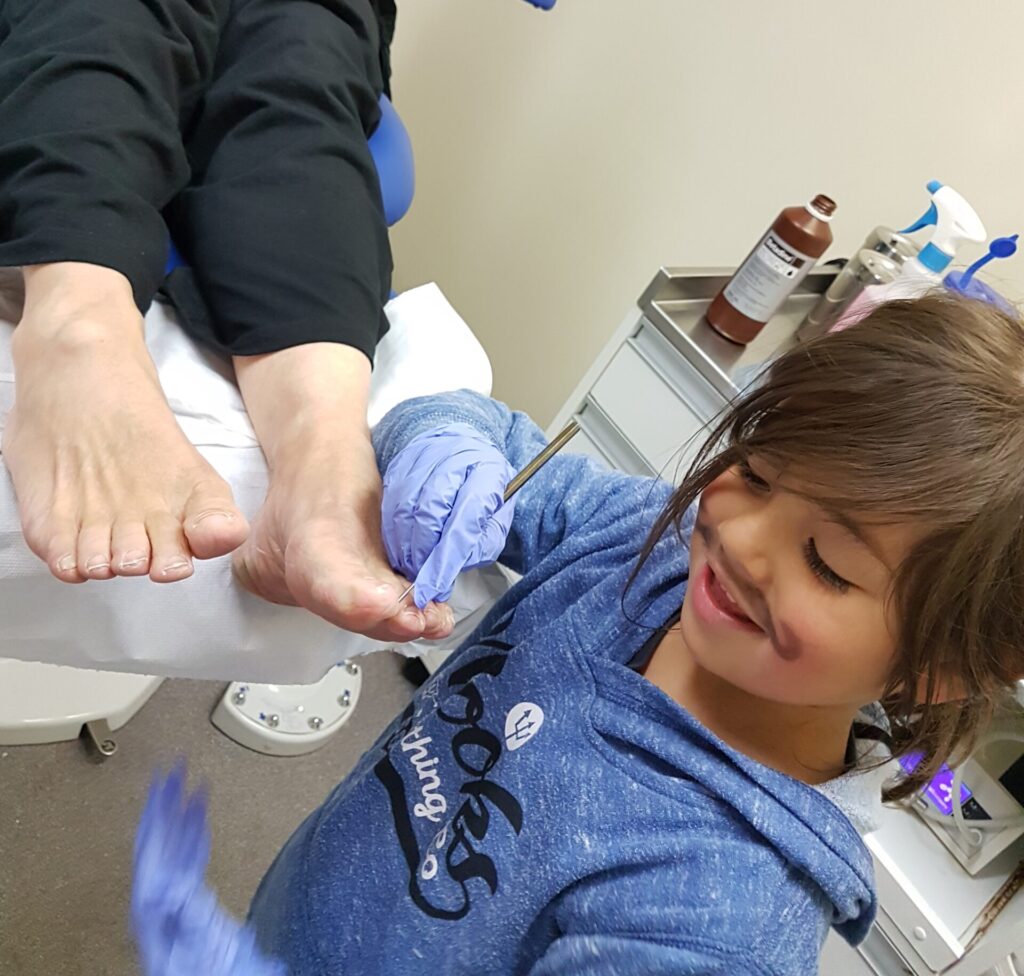The NDIS can fund supports in employment for participants who need extra help to pursue their employment goals.
Generally, these supports are greater than what may be reasonably provided by an employer or with the support of Disability Employment Services (DES).
On 1 July 2020 the NDIS introduced new pricing for supports in employment that gives participants greater choice and control about where and how they work, who provides their supports, and creates new opportunities for providers.
Supports in employment are primarily delivered in Australian Disability Enterprises (ADEs). Around 20,000 NDIS participants work in ADEs.
With the supports in employment pricing changes, participants can use these supports in a wider range of employment settings, not just in ADEs.
The new pricing also means that while participants will continue to receive the support they need, providers now claim these supports in a different way.
From 1 July 2020, funding for these supports moved from a participant’s Capacity Building budget, into their Core budget. This will happen as they receive new or renewed plans.
Participants can use their plan funding for frequent and ongoing on-the-job employment supports.
They can use these supports in any workplace they choose, including government and non-government organisations, an ADE, social enterprises, micro-businesses, or in self-employment or a family run business.
As with other group-based Core supports, the NDIS Pricing Arrangements and Price Limits list a single unit price for each different time of the day or day of the week.
This means that providers will claim all supports against the appropriate one-to-one support items by dividing the time spent with the work group equally across all members of the group.
Having a single unit price both eases provider administration and ensures participants are paying for the supports they actually receive.
Well, for one thing, we all have some sort of Disability. Most of us are able to camoflague our weaknesses. For those that have an obvious disabilty, they can be the target of discrimination and assumption. Its easy to focus on someone else rather than look at ourselves and work on our own limitations.
So, we believe everyone has something that needs improvement.
We offer employment support to NDIS participants because we do it well and we support inclusiveness for all. We see that things have improved for many people but it needs to be better for everyone.
FGA is one way we do as well as say, we believe in community and collaboration.
‘We’re only as good as our least competent team worker’ and that ‘together we do better’.
So how can we help in employment services?
